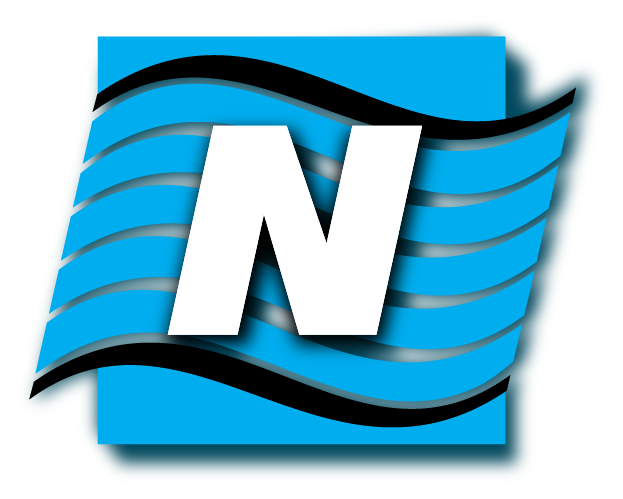
Engine Room Resource Management (Riga, Latvia)
Description of the course
Target group
What is Engine Room Resource Management?
Duration of the training course
Price
Certificate validity
What is Necessary to Practice Engine Room Resource Management?
Entry standards
Training approaches and equipment:
Location
Course limitations:
Engine Room Resource Management is a training program for ship's Senior and Junior Engineer officers.
Engine Room Resource Management is an approach that aims to use the resources at hand effectively for engineering operations and vessel management. This includes machinery as well as people who, thus, require technical knowledge in operating machines and leadership skills to enhance the human workforce.
Engine Room Resource Management is a course that seeks to develop the skills and expertise of senior and junior engineer officers enabling them to manage on-board resources effectively without compromising safety or efficiency.
At its heart this course delves into optimal management decisions and teamwork among engine room members.
Engine Room Resource Management is a course that seeks to develop the skills and expertise of senior and junior engineer officers enabling them to manage on-board resources effectively without compromising safety or efficiency.
At its heart this course delves into optimal management decisions and teamwork among engine room members.
To effectively practice Engine Room Resource Management, the following essential components are necessary:
During training course theoretical lessons are given using PowerPoint presentations, practical tasks are conducted on the latest version of Transas Engine-Room simulation equipment – ERS 5000.
The maximum number of participants – 12 persons.
Trainees wishing to enter this course should have:
- Certificate of Competence as Officer in Charge of an Engineering Watch; or
- Present evidence that is in progress studying on the educational program of Officer in Charge of an Engineering Watch.
The course is certified by Latvian Maritime Administration.
The course engine room resource management is certified in accordance with Section A-V/4-2 of STCW Convention.
The course engine room resource management is certified in accordance with Section A-V/4-2 of STCW Convention.
4 days

Approval
- Full Course – 840 EUR;
- Refresher Course – 840 EUR.
Certificate validity is unlimited.
Key Areas of Emphasis for Engine Room Resource Management Course:
- Leadership and Teamwork: These are essential elements that promote the smooth functioning of the ship’s engine room in a safe manner.
- Human Factors: Understanding limitations, capabilities, behavior of humans are vital needs that increase safety levels within an engine room.
- Operational Efficiency and Compliance: Optimal productivity balances legislative aspects with ethics hence contributing significantly to overall success vessel.

A trainee successfully completing this course will be able to:
- To manage safety aspects, safe work practice methods, deal with troubles, surveys and emergency preparedness on high voltage equipment.
- Demonstrate sufficient understanding and knowledge of Engine Room Resource Management, leadership and team working and have the relevant skills to competently carry out the duties of engineer in charge of an engineering watch. The program meets the latest requirements of STCW Convention Section A-III/1; A-III/2 and
IMO Model Course 7.02 “Chief Engineer Officer and Second Engineer Officer” Competence 4.5 “Use of leadership and managerial skills” and Model Course 7.04 “Officer in Charge of an Engineering Watch” Competences 1.1 “Maintain a safe engineering watch” (part: Engine Room Resource Management) and 4.7 “Application of leadership and team working skills”, as well as Model course “Leadership and Teamwork”.
- Real-world scenarios: Simulate various engine room conditions, from routine operations to emergencies.
- Hands-on experience: Provide practical training in a controlled environment.
- Learning from errors without consequences: Allow trainees to learn from mistakes without real-world consequences.
- Team building skills: Promote collaboration and communication during problem solving.
Qualified Instructor:
- Technical expertise: Marine engineering system knowledge should be extensive.
- Teaching skills: Make complex ideas easy to understand with good teaching abilities.
- Practical experience: Experience of managing an engine room in real life situations.
- Leadership skills: Show and teach effective teamwork as well as leadership skills.
Properly Designed Curriculum:
- Industry alignment: International maritime standards should be followed throughout the curriculum design process.
- Comprehensive coverage: Leadership, decision-making, emergency response among other key topics should be covered comprehensively.
- Balanced approach between theory and practice simulations for better learning outcomes
- Critical thinking, encourage analysis, decision making and active participation.
Meet the Experts Behind This Course
You might also be interested in following courses:
Check the course days on our calendar
Course in pictures:
Contact us

